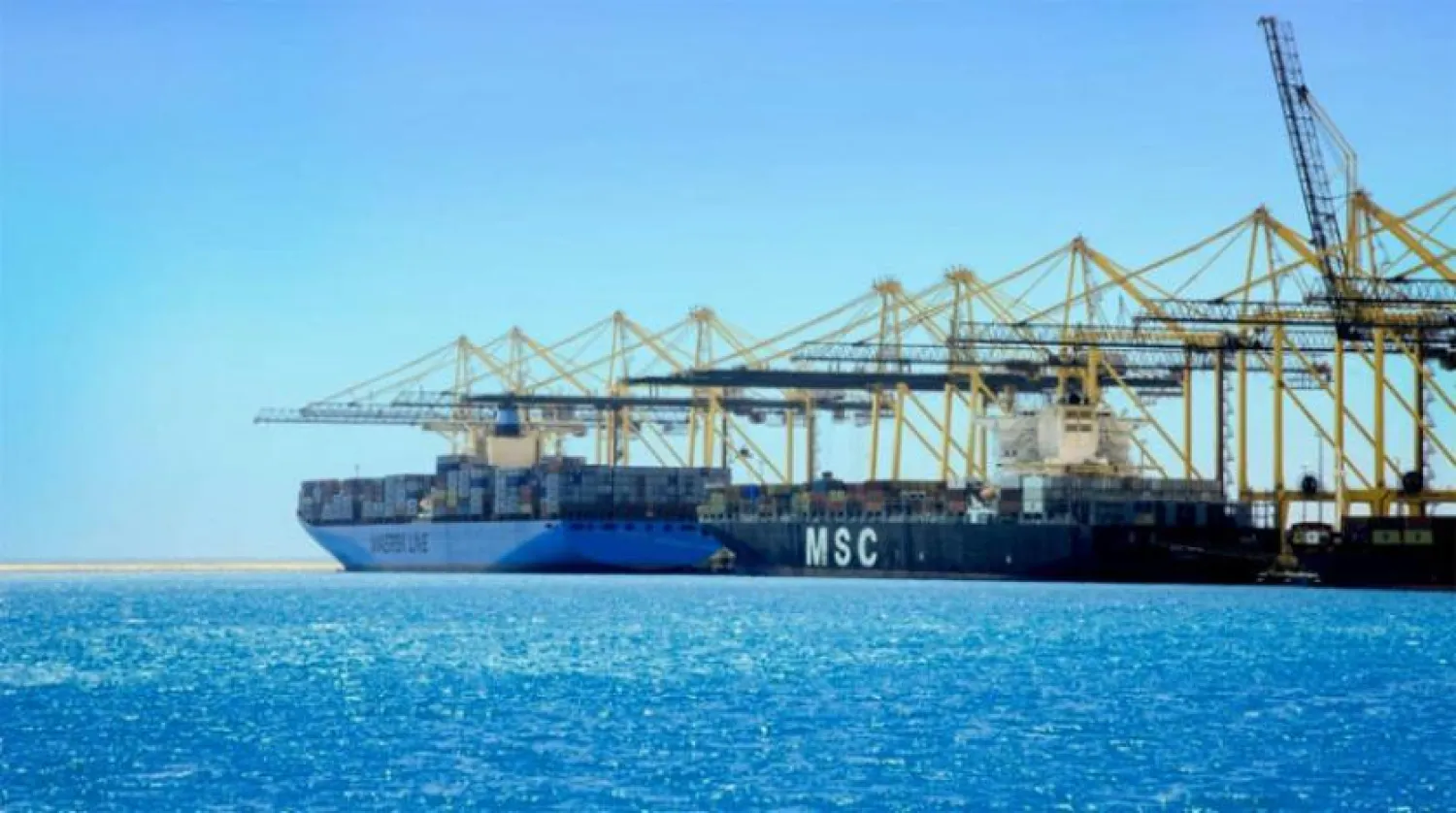The Council of Saudi Chambers (CSC) is seeking to open new markets to achieve food security for essential commodities amid the global supply chain crisis.
The food supply chain crisis led to an increase in the prices of many food commodities and raw materials, and its impact included the oil markets and logistics services.
A recent study prepared by the Assistant General Secretariat for Economic Affairs of the Council revealed the repercussions of the crisis on the local and global economy, indicating that the Kingdom is a pivotal country with an effective influence on the stability of global economic markets.
The study said the global crisis affected many food, energy, and industrial chains, stressing the need for efforts to achieve food security for basic and other commodities.
It has supported and enabled importers and producers in the private sector to maintain price levels of a strategic stock of commodities with high food risks and other items necessary for achieving food security and comprehensive development in the Kingdom.
The study stated that the Council worked through the private sector to open new markets to import alternative goods in the short- and medium-term and maintain price levels at the purchasing power of citizens for most food and other products.
The Council identified the challenges and risks arising from the crisis in the local market and discussed it with the concerned authorities and business owners.
The CSC prepared several supportive initiatives to avoid the food supply chain crisis.
The Council studied various aspects of the crisis to determine possible advantages of the global situation in attracting international companies to the local Saudi market in partnership with Saudi investors.
Under its plan to serve the private sector and the national economy to avoid the crisis of food supply chains and other commodities, the Council took several essential steps to achieve the national economy's general interest.
It formed specialized teams for essential food commodities to speed up taking urgent decisions and join the crisis management committee of the Saudi Grains Organization (SAGO).
The challenges of food supply chains and other commodities include the high costs of raw materials and shipping, the lack of shipping companies working in the maritime field with the Kingdom, the delay of shipments to the local market due to global restrictions and high port, and customs fees.
The Council stressed that the government agencies are exerting efforts to identify the risks and challenges of the crisis and work to resolve the issues facing the private sector.
It also devised support programs for the public sector and established a direct line of communication with the concerned authorities to support the industry in providing food commodities.









